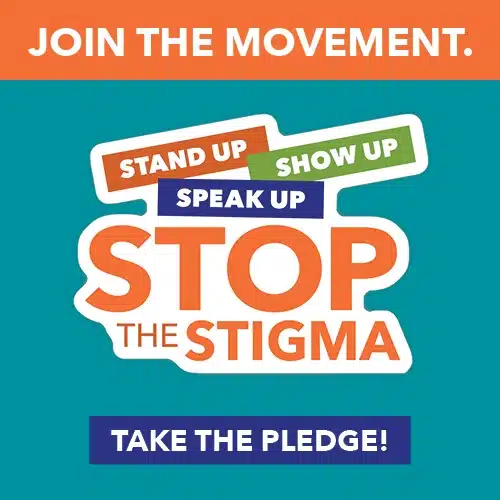What is Whole-Person Health?
In a world increasingly focused on specialized care, there’s a growing recognition of the interconnectedness of our physical, mental, and emotional well-being. Whole-person health is a holistic approach that considers the individual as a complex interplay of these factors. It’s about treating the entire person, not just the symptoms.

The Limitations of Traditional Care
Traditional healthcare models often compartmentalize different aspects of health. You might see a cardiologist for your heart, a psychiatrist for your mental health, and a nutritionist for diet. While specialists are essential, this fragmented approach can overlook the intricate connections between these areas.
The Benefits of Integrated Care
Integrated care aims to bridge these gaps. By bringing together various healthcare providers and services, it offers a more comprehensive and coordinated approach to patient care.
- Improved Outcomes: Studies have shown that integrated care leads to better health outcomes, reduced hospitalizations, and improved patient satisfaction.
- Enhanced Patient Experience: When patients feel heard and understood as whole individuals, their trust in the healthcare system grows.
- Cost-Effective Care: By preventing chronic conditions and managing complex health issues effectively, integrated care can lead to cost savings.
- Empowered Patients: Integrated care encourages patient involvement in decision-making, leading to greater health literacy and self-management.
Key Components of Whole-Person Health
- Physical Health: This includes preventive care, chronic disease management, and access to quality medical services.
- Mental Health: Addressing emotional well-being, including therapy, counseling, and medication management.
- Social Determinants of Health: Recognizing the impact of factors like housing, education, and economic status on overall health.
- Lifestyle Factors: Promoting healthy behaviors such as nutrition, exercise, and stress management.
How to Embrace Whole-Person Health
To fully embrace whole-person health, individuals and healthcare systems must work together.
- Communicate Openly: Share your complete health history with your healthcare providers, including mental, emotional, and social challenges.
- Seek a Primary Care Physician: A primary care physician can coordinate your care and refer you to specialists when needed.
- Build a Supportive Network: Surround yourself with family, friends, or support groups who can offer emotional and practical support.
- Prioritize Self-Care: Make time for activities that promote relaxation, stress reduction, and overall well-being.
Whole-person health is a journey, not a destination. By prioritizing a holistic approach to care, we can create a healthier and happier future for ourselves and our communities.
At Oaks Integrated Care, our Certified Community Behavioral Health Clinic (CCBHC) in Burlington, Camden and Mercer Counties funded by SAMSHA exemplifies this model of care by providing a centralized point of contact for individuals with behavioral health and substance abuse challenges. To learn more about the CCBHC, watch this video featuring our Director Michelle Joo and Vice President Mike D’Amico.
Our programs throughout New Jersey give individuals and their families the support they need during this time. To learn more about Oaks services or schedule an appointment, call our Access Center at 1-800-963-3377.









